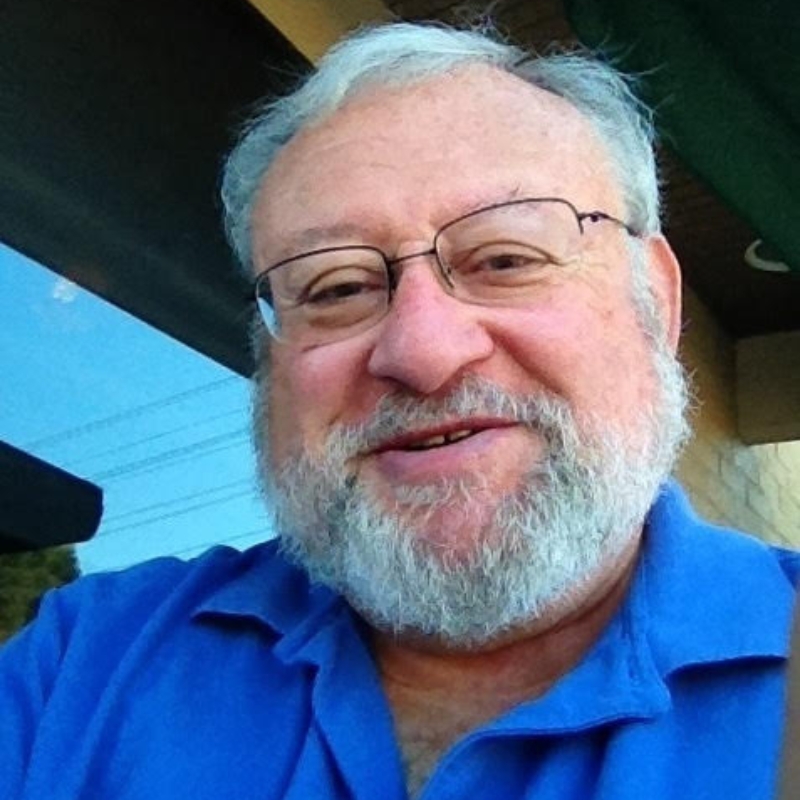It’s hard for me to listen. I have too much to say. I have too little time. I have too much to do. I have too little strength to wrench myself from anything that would save me from listening. I don’t want to listen. I already know, or I don’t care, or — it’s not me. It’s you.
We are the People Who Don’t Listen. We can love God, pray to God, even believe in God. Listen to God? That’s asking a lot.
I actually made bricks, once, many years ago, helping kitah hey (class level 5) in a Jerusalem school. We picked handfuls of weeds, poured water on the ground, and mushed it all together to make weedy mud. Then we shoveled it into rectangular frames and went home to do Shabbat. A hot Shabbat. Sunday morning came and we discovered our framed, weedy mud had become bricks. It was fun.
Years ago, I also visited Egypt in May. The temperature at 2:00 p.m. was 115º. It felt like no time for making bricks. It was, however, a time to understand the second parshah in Exodus as it recounts: “Moses spoke thus to the Children of Israel. But they did not hearken to Moses, out of shortness of spirit and out of hard servitude.” (Exodus 6:9, translation found in “The Five Books of Moses” by Everett Fox). They did not hearken. They did not heed. They did not listen.
Find more commentaries on VaEra.
It was hard to listen. Even without contemporary obstacles like glaring screens, beeping phones, complicated plans, and ever-changing demands, it was hard for our ancestors to listen. We have workarounds for phones and schedules. Do we have workarounds for shortness of spirit and hard servitude?
The midrash says that the Israelites were short on faith. (Exodus Rabbah 6:5) Their lot was fixed and God apparently wasn’t helping, so they joined up with the pagan idolaters. Will Herberg explains:
Pagan idolaters worship nature in its many manifestations and nature doesn’t give a damn. Nature will not save the slave. In fact, it is nature that made them slaves. It is only natural that a god-man become Pharaoh, that water cannot become a living being, and that a slave must remain forever a slave. (It is unnatural that the waters of the Nile flow with blood.) If slaves couldn’t count on God’s salvation, at least they could ingratiate themselves to the gods of nature-going-nowhere. It doesn’t take much spirit to do that. It’s best for the short of spirit. (“Judaism and Modern Man”)
The midrash goes on to say that “servitude” was not hard labor, but the serving of pagan (Egyptian) idols. Idolatry is why they couldn’t listen.
Find more commentaries on social justice: leadership and philosophy.
Idolatry is not simply the worship of sticks and stones, or it would have no relevance to our times. Idolatry is absolute devotion paid to anything short of the Absolute. The object of idolatrous worship may be, and generally is, partly good; but since it is not God, it is necessarily a good that is only partial, and relative. What idolatry does is convert its object into an absolute, thereby destroying the partial good within it and transforming it into a total evil.
We who serve the idols of today have no spirit to listen to whispers and echoes of salvation. We dare not hearken to the call of larger visions. We have miles to go before we sleep, games to play, words to say, bricks to break.
There are moments — they happen to us all — when we know that we, God-willing, can make a difference. We hear something in the news or learn of a friend’s struggle. We’re reminded of something that happened years ago, or imagine the possibilities of the future, and it gives us pause. In the silence that “still, small voice” calls us to respond, to take a stand, or to lend a hand. Sometimes it’s just about being there with someone. Do we let those moments pass? It is, after all, hard to listen.
Will Herberg correctly notes that all idolatry is really self-idolization: the projection of ourselves into an externality and the worship of that projection. The cure for that perversity is found in listening, an act that demands that we step outside ourselves and recognize the other.
Rabbi Yosi (Joel) Gordon grew up in Green Bay, WI, and graduated from the University of Wisconsin and the Jewish Theological Seminary Rabbinical School. He studied at Hebrew University and the Hartman Institute and has taught in Jewish schools in St. Paul, MN, and Los Angeles, CA. He is currently running Yosi’s School, an online program of Jewish and Hebrew studies for children and adults. (yosis.school@gmail.com)

